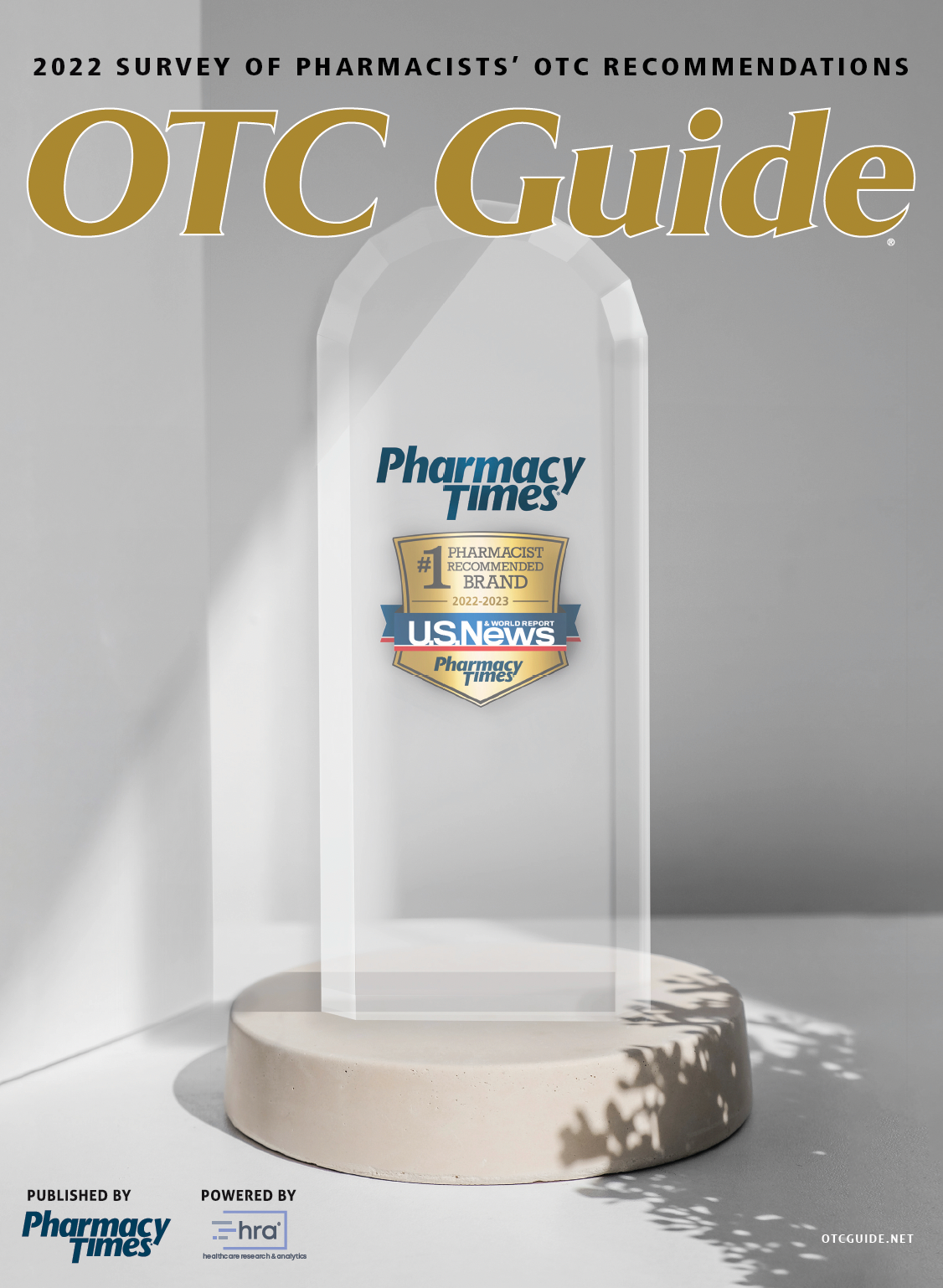Publication
Article
OTC Guide
Half of Parents Regularly Give Their Children Dietary Supplements, Poll Shows
Author(s):
Approximately one-third of parents said their children are picky, and another third said they don’t think their children eat enough fruits and vegetables.
More than half of parents surveyed for the National Poll on Children’s Health conducted by CS Mott Children’s Hospital said that it is difficult to get their children to eat well-balanced diets, and half said their children regularly take supplements.
“A balanced diet helps children get the nutrients they need for healthy growth and development,” Sarah Clark, MPH, codirector at Mott, said in a statement. “Our poll finds thatmany turn to dietary supplements as a solution but may not always consult with a health provider.”1
In addition, approximately one-third of parents said their children are picky, and another third said they don’t think their children eat enough fruits and vegetables.
Approximately 13% said that they worried their children were not getting enough of certain minerals and vitamins, and 9% said that their children needed more dietary fiber.
The national survey included 1251 parents, each of whom had at least 1 child between the ages of 1 and 10 years.
Another potential barrier to good nutrition is cost. About half of parents agreed that it is more expensive to provide children with healthy diets than with supplements.
“We know that fresh, healthy foods can be more expensive than processed or packaged items that are often higher in sodium and added sugars,” Clark said. “This can make it especially frustrating for parents when children waste or refuse to eat healthy foods.”
More than three-fourths of parents said that they gave their kids multivitamins.
Approximately half said they had also given children probiotics, live bacteria and yeast that help digestion by providing good microbes in the gut.
More than one-fifth of parents said that they have given their children omega-3 supplements, a fatty acid that supports brain development and cell growth. But about one-third said their children have not taken them regularly.
Four in 5 of those who have given their children supplements said they chose products made specifically for children.
However, only approximately 2 in 5 parents said that they discussed supplement use with their children’s doctors.
“Dietary supplements are often intended to enhance the amount of vitamins children consume through a regular diet,” Clark said. “The use of dietary supplements in children is an important health decision to discuss with doctors.”
Parents in lower-income households were also less likely to talk about supplement use with their children’s physicians compared with those in higher-income households, according to the survey.
Because supplements are classified as food by the FDA, they don’t receive the same evaluation and review as medications, which results in limited research on their efficacy and safety, Clark said.
“To minimize the risks of supplement use, parents should share concerns about their child’s diet with a pediatrician who can help them identify the best strategies to improve the nutritional quality of their child’s diet and determine whether supplements are recommended,” she said.
Reference
Half of parents regularly give kids a dietary supplement. EurekAlert. News release. April 18, 2022. Accessed April 20, 2022. https://www.eurekalert.org/news-releases/949682

Newsletter
Stay informed on drug updates, treatment guidelines, and pharmacy practice trends—subscribe to Pharmacy Times for weekly clinical insights.





